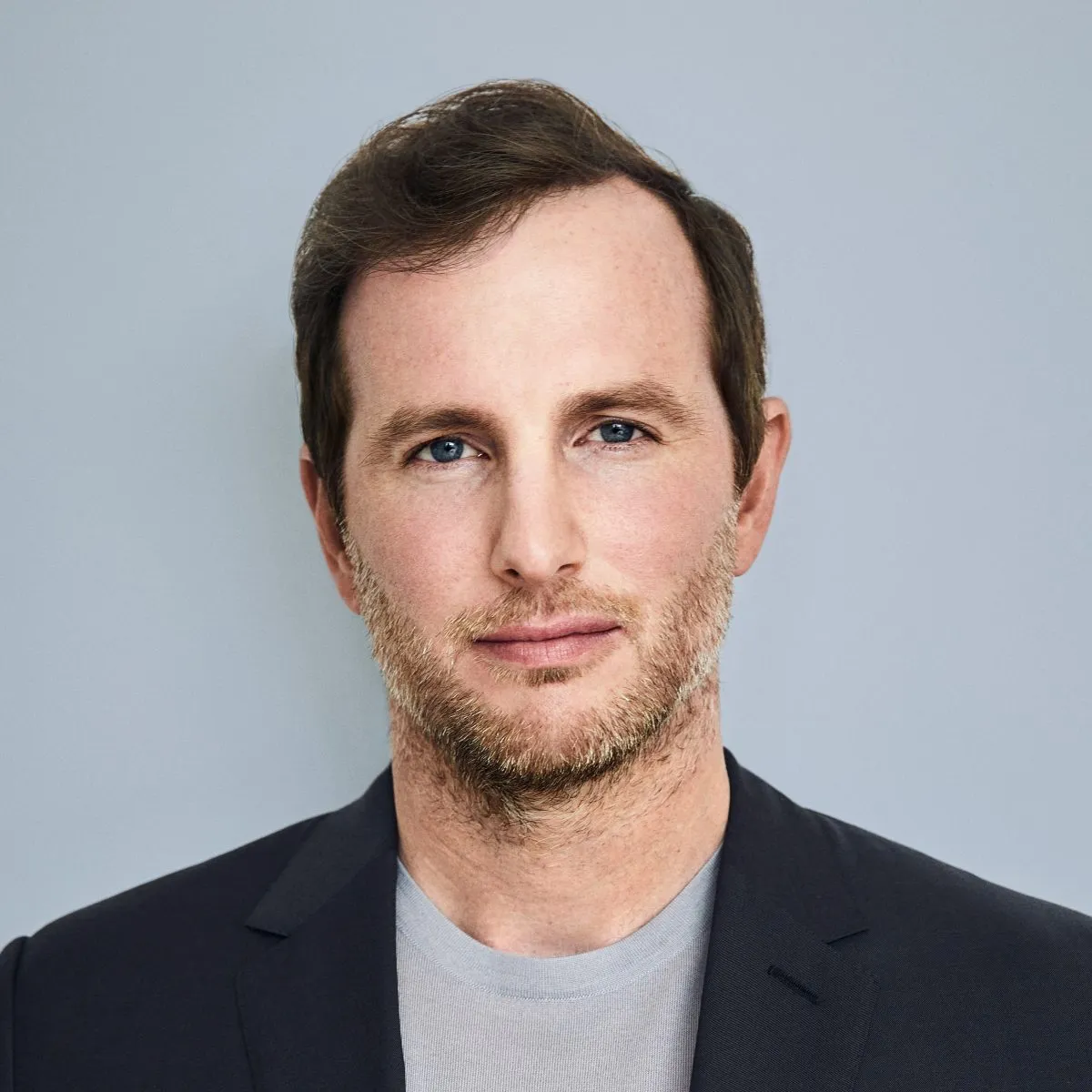TSA PreCheck Lanes Won't Be Members-Only Anytime Soon
Skift Take
Late last year, the Transportation Security Administration made a change to its PreCheck program that had frequent fliers rejoicing.
Those who were enrolled in the domestic program — a process that requires an $85 fee, documentation, in-person interview, and fingerprints — had been watching with aggravation as an increasing number of non-enrolled travelers were ushered into the fast lanes at airport security checkpoints.
The TSA said in September it would scale back the practice somewhat by ceasing the use of behavior detection officers and explosive trace detection sampling to route people into the PreCheck queue.
News headlines declared the end of "free passes" to the expedited security lanes, where shoes and light jackets can stay on, and laptops and liquids remain in carry-on bags. Mashable declared (incorrectly): "TSA Pre-Check security lines won't accept commoners anymore."
Not so fast.
While the agency ultimately wants to restrict the quicker lanes to only those who have enrolled in expedited security programs, that has not happened yet. And there is no time frame for doing so.
"I actually have had to reach out to a few reporters to clarify that," said Mike England, TSA's national spokesman. "There was a little bit of confusion."
The change in September was the end of a practice called Managed Inclusion II, which included swabbing passengers' hands to detect traces of explosives and using behavior detection tactics before sending them into the fast lane.
But the agency continues to use Managed Inclusion I, where passengers who are screened by TSA canines can be sent to PreCheck lanes. And travelers who are not enrolled in the program may still get a TSA PreCheck designation on their boarding pass when their Secure Flight information — name, date of birth and gender — is matched against security databases.
"We have significantly reduced the number of non-PreCheck customers in the PreCheck line, but there will be some folks who get into the PreCheck line via other means," England said.
In 2013, the agency was trying to increase the number of travelers in expedited lanes, setting a goal of 25 percent. Last year, 44 percent of passengers got some form of expedited screening. England said those who are able to use PreCheck without being signed up for it go through some form of vetting and are not chosen randomly.
"The point is to eventually have only people who signed up for PreCheck go into the PreCheck line," he said. "We’re trying to amp up the number of people signed up for PreCheck."
The goal is to get 25 million travelers enrolled either through TSA PreCheck directly or through other trusted traveler groups run by U.S. Customs and Border Protection, including Global Entry, Sentri, and Nexus. Those also carry a fee and, like PreCheck, are good for five years.
As of early February, slightly more than 2 million people had enrolled in PreCheck, which is available at more than 150 airports. Another 4.1 million were part of the other trusted traveler programs, bringing the total number of travelers who have signed up for expedited screening to more than 6.2 million.
"We still have a ways to go," England said.
As Skift has reported, the agency is working to market the program to travelers by partnering with airlines, hotel chains, credit card providers and others.
Some travelers are introduced to the program by being included in it, but England said that is not a ploy to get them to sign up.
"We’re certainly marketing PreCheck, but we don’t give people PreCheck as a marketing tool," he said.
The PreCheck program has drawn plenty of criticism and scrutiny since it was introduced in 2011, but it has also earned fans. According to a survey by the Global Business Travel Association, 66 percent of business travelers who had PreCheck were satisfied with the security process and flying.
"The ultimate goal of PreCheck is not to grant a certain group of people a special privilege, although that might be perceived as a side effect," England said. "The goal is to allow people who we know have been vetted to go through security quicker and easier so we can focus on people who have not been vetted."




